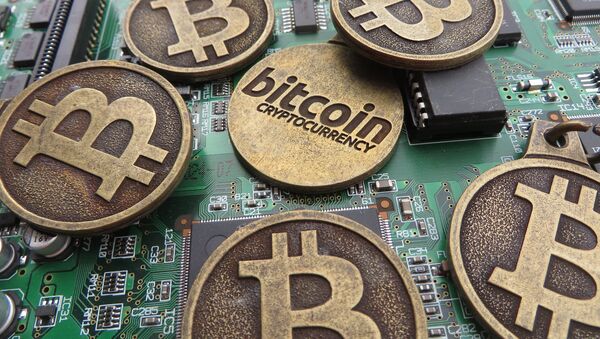While Bitcoin's value continues rising, Dimon has lashed out at its supporters, saying that this is "a currency made of thin air."
Paul Levy, a senior researcher with the University of Brighton, said that traditional companies and banks fear cryptocurrencies might deprive them of their power.
According to the analyst, horizontal structures like bitcoins are increasingly being viewed as more trustworthy than the banks.
"People are not choosing to go upwards, they are choosing to go sideways, and then the banks are losing control. So it's not surprising that people at the top are very worried about it," the expert noted.
A similar opinion was expressed by Dr. Gordon Fletcher, co-director of the Centre for Digital Business at the University of Salford.
"Larger and older institutions have a vested interest in maintaining their dominance of the market. In many respects the traditional banks need the current system to last as long as possible in order to profit from the ongoing recovery of the banking crisis a decade ago," Fletcher told Sputnik.
In Fletcher's opinion, lacking knowledge about cryptocurrencies is enough to make bankers nervous.
"In the traditions of finance trust is an agreement between gentlemen rather than something created by encryption and the public sharing of data," the analyst noted.
For his turn, Levy believes that traditional companies could lobby for the government to heavily regulate cryptocurrencies.
At the same time, he noted that attempting to control new financial developments wouldn't help much, as "individuals still have the power to decide where they put their money."
Bitcoin is a virtual currency not backed by any government. It enables individuals to pay for goods and services without an intermediary. First introduced by an anonymous programmer, it has gained steam and become a popular means of financial settlement.


